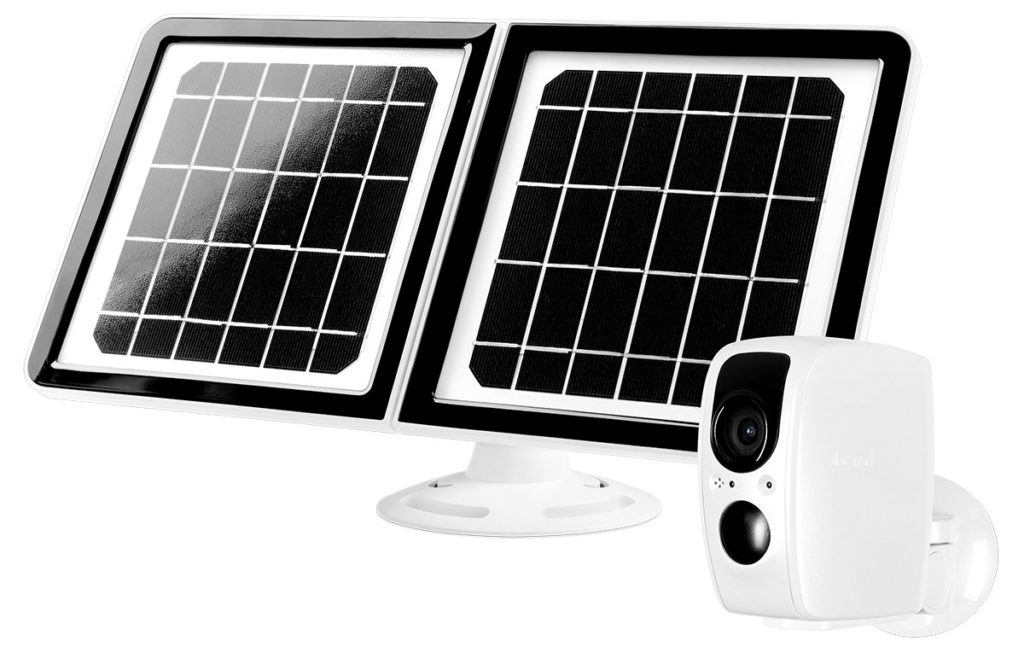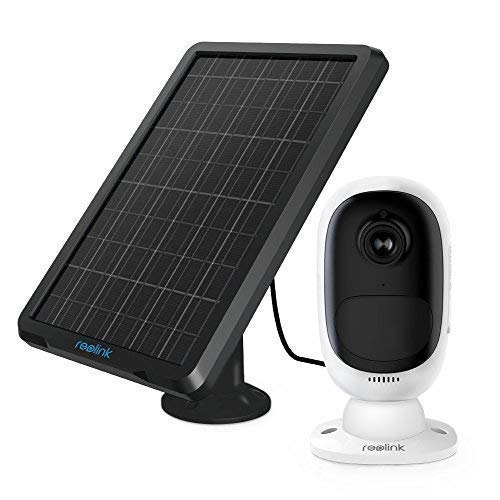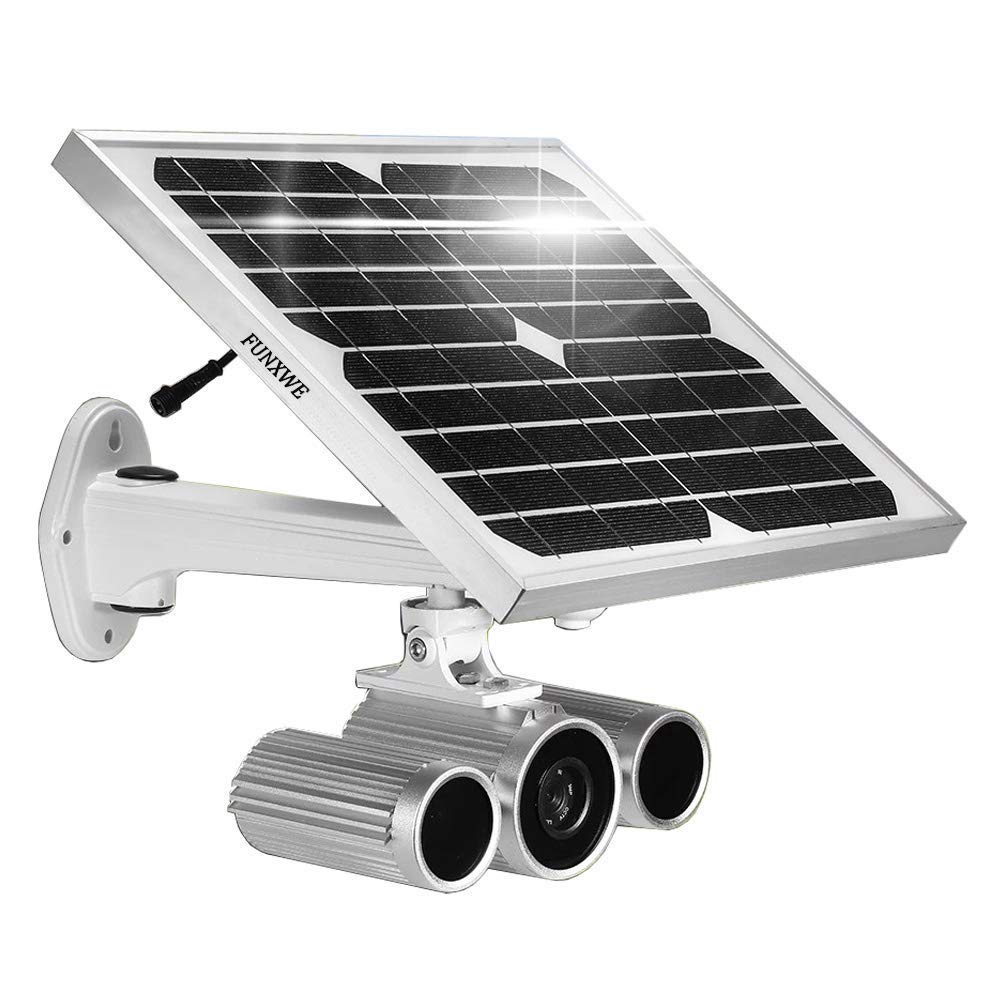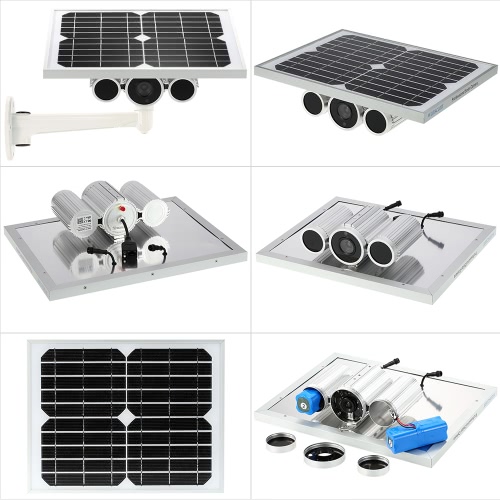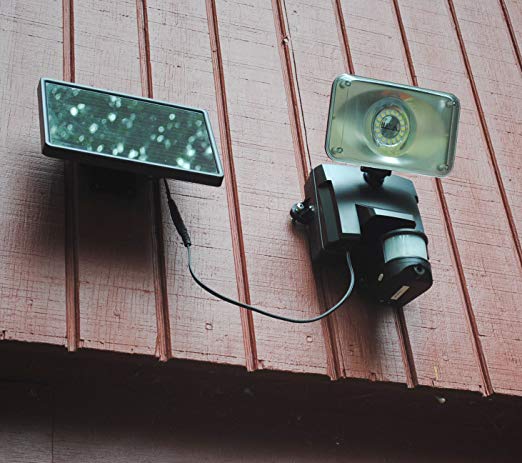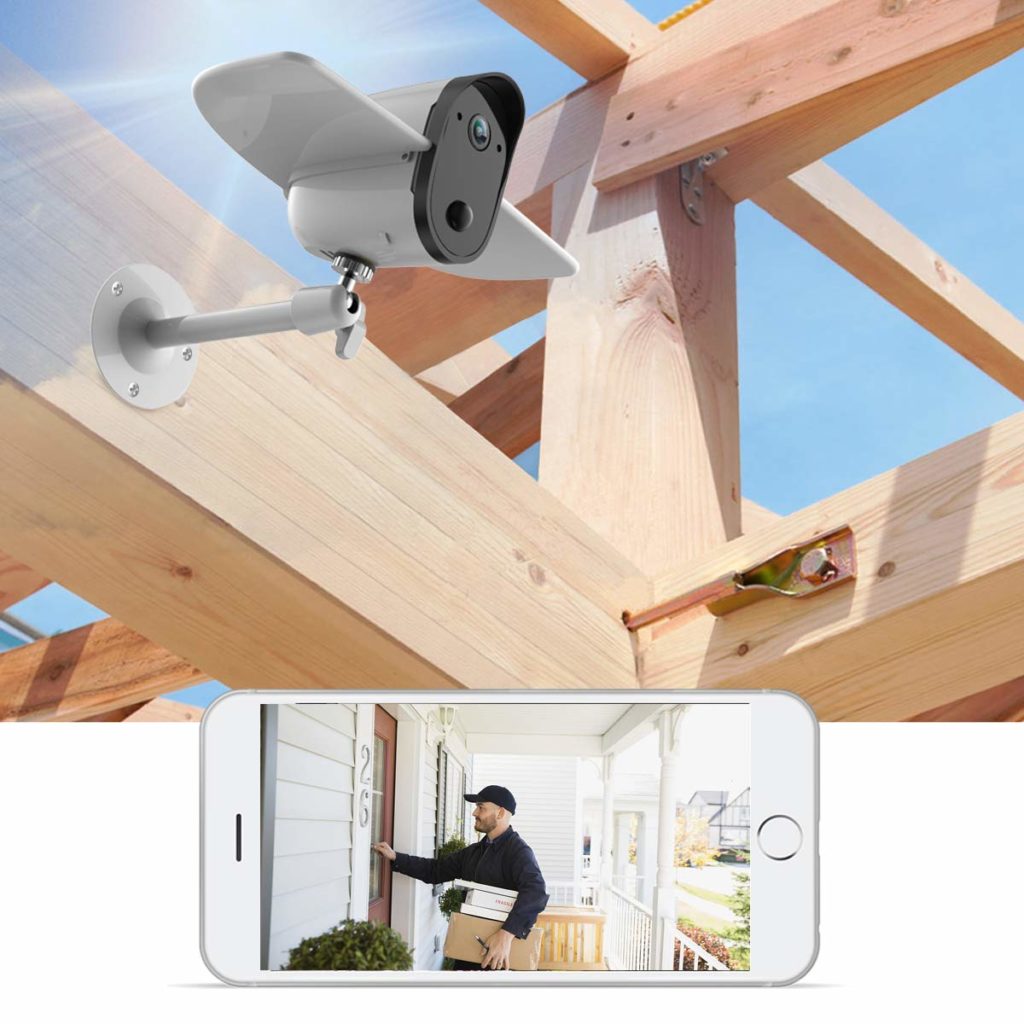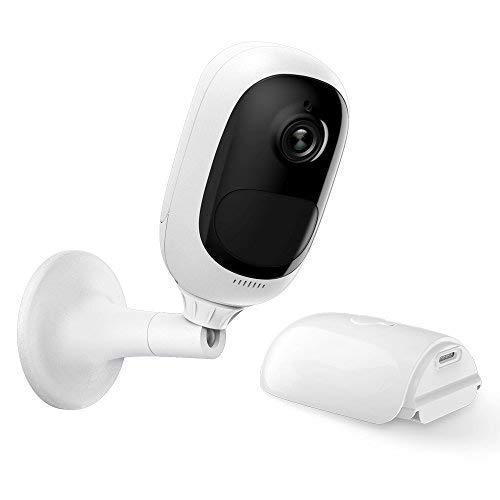Common Home Security Mistakes and How to Avoid Them
Home security is a critical concern for homeowners, as it provides peace of mind and protection against potential threats. However, despite the growing awareness of the importance of home security, many people still make common mistakes that leave their homes vulnerable. In this blog, we’ll explore some of the most frequent home security mistakes and offer practical advice on how to avoid them, ensuring that your home remains a safe haven for you and your family.
1. Failing to Lock Doors and Windows
One of the simplest yet most overlooked aspects of home security is locking doors and windows. Many homeowners underestimate the importance of this basic step, especially in safe neighborhoods. However, unlocked doors and windows are the most common entry points for burglars.
How to Avoid It:
Make it a habit to check that all doors and windows are securely locked before leaving the house or going to bed. Invest in high-quality locks and consider adding deadbolts for an extra layer of security. Additionally, smart locks that allow you to lock and unlock doors remotely can provide added convenience and peace of mind.
2. Leaving Spare Keys in Obvious Places
Hiding a spare key under a doormat, in a flowerpot, or above the doorframe may seem like a convenient solution, but these are the first places burglars will check. Leaving spare keys in these obvious spots can make it easy for intruders to gain access to your home.
How to Avoid It:
Instead of hiding spare keys outside, consider giving them to a trusted neighbor or friend. Alternatively, invest in a key lockbox with a secure code that only you and your trusted contacts know. For added security, you can also opt for a smart lock system that allows you to grant temporary access codes to visitors.
3. Neglecting Outdoor Lighting
Dark, poorly lit exteriors provide cover for intruders, making it easier for them to approach your home undetected. Many homeowners overlook the importance of adequate outdoor lighting, which can be a significant deterrent to burglars.
How to Avoid It:
Install motion-sensor lights around the perimeter of your home, especially near entry points such as doors, windows, and the garage. These lights will automatically turn on when they detect movement, alerting you to any potential intruders. Additionally, consider adding landscape lighting to illuminate walkways and driveways, making your home less appealing to criminals.
4. Forgetting to Arm the Security System
Even the most advanced security system is useless if it’s not activated. Many homeowners forget to arm their security systems when leaving the house or going to bed, leaving their property vulnerable to intruders.
How to Avoid It:
Make it a habit to arm your security system every time you leave the house and before going to bed. Set reminders on your phone or use automation features available in many modern security systems to automatically arm the system at specific times. If you have a smart home security system, you can also set it to send alerts if the system isn’t armed.
5. Ignoring Regular Maintenance of Security Systems
Security systems require regular maintenance to ensure they function correctly. Neglecting to check your system’s components, such as sensors, cameras, and alarms, can result in malfunctions or failures when you need them most.
How to Avoid It:
Schedule regular maintenance checks for your home security system. Test the alarms, inspect the sensors, and ensure that all cameras are functioning properly. Replace batteries in wireless devices as needed, and keep your system’s software up to date. Many security providers offer maintenance services, so take advantage of these to keep your system in top condition.
6. Not Securing Sliding Doors and Windows
Sliding doors and windows are often more vulnerable than traditional doors and windows because they can be easily forced open. Many homeowners fail to reinforce these entry points, making them an easy target for burglars.
How to Avoid It:
To secure sliding doors, install a rod or dowel in the track to prevent the door from being forced open. You can also install a security bar or door brace for added protection. For sliding windows, ensure that they have secure locks and consider adding window pins to prevent them from being lifted out of their tracks.
7. Posting Vacation Plans on Social Media
In the age of social media, it’s common to share vacation plans and photos online. However, this can inadvertently alert potential burglars that your home is unoccupied, making it an easy target.
How to Avoid It:
Avoid posting about your vacation plans or your current location on social media until you’ve returned home. If you must share, adjust your privacy settings to limit who can see your posts. Additionally, consider asking a trusted neighbor to keep an eye on your home while you’re away and to collect any mail or packages that may accumulate.
8. Neglecting Garage Security
The garage is often overlooked when it comes to home security, but it’s a common entry point for intruders. Many homeowners leave garage doors unlocked or fail to secure the door connecting the garage to the house.
How to Avoid It:
Always keep your garage door closed and locked, even when you’re home. Install a deadbolt on the door connecting the garage to your home and consider adding a security system or smart garage door opener that alerts you if the door is opened unexpectedly. Additionally, cover any garage windows to prevent potential intruders from seeing inside.
9. Relying Solely on Cameras
While security cameras are an essential component of any home security system, relying solely on them can be a mistake. Cameras alone won’t stop an intruder; they only record events after they happen.
How to Avoid It:
Combine security cameras with other security measures, such as alarms, motion detectors, and reinforced doors and windows. A comprehensive security system should include multiple layers of protection to deter intruders and alert you to any potential threats. Additionally, consider using a monitored security system that notifies authorities in case of an emergency.
10. Assuming It Won’t Happen to You
Many people believe that break-ins or home invasions won’t happen to them, especially if they live in a safe neighborhood. This false sense of security can lead to complacency and a lack of proper home security measures.
How to Avoid It:
Understand that no neighborhood is completely immune to crime, and take proactive steps to protect your home. Implementing the security measures mentioned above will significantly reduce your risk of becoming a victim. It’s better to be overprepared than to regret not taking action.
Home security is an ongoing process that requires vigilance and regular updates to ensure your safety. By avoiding these common mistakes and taking proactive steps to secure your home, you can create a safer environment for you and your family. Remember, the goal is not just to protect your belongings but to ensure the safety and well-being of everyone in your household.

